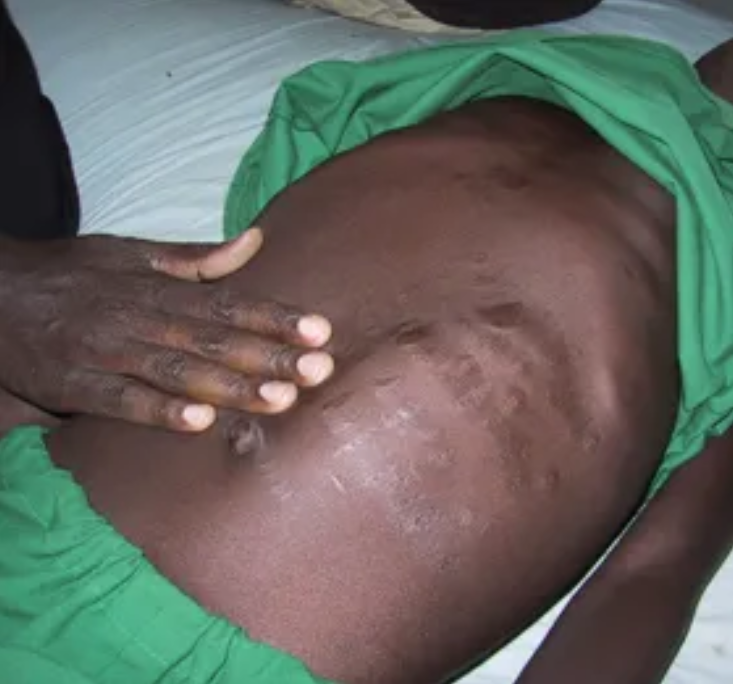
Visceral leishmaniasis East Africa
- Explain the epidemiology of visceral leishmaniasis in East Africa;
- Describe the clinical aspects of common VL cases and in special situations like HIV;
- Explain how the diagnosis is made;
- Explain how to treat VL;
- List how the recording and reporting of the disease is done; and
- Describe how outbreak investigations are carried out.
Visceral leishmaniasis (VL), also known as kala-azar, is fatal if left untreated in over 95% of cases. It is characterized by irregular bouts of fever, weight loss, enlargement of the spleen and liver, and anaemia. East Africa is currently reporting the highest number of VL cases worldwide.
Visceral leishmaniasis is an important disease in East Africa where recurrent outbreaks occur. Leishmania-HIV coinfected people have high chance of developing the full-blown clinical disease, and high relapse and mortality rates. Poverty, malnutrition and population movements in endemic areas increase the risk of developing VL. Early diagnosis and effective prompt treatment reduce the prevalence of the disease and prevents disabilities and death.
Approximate course duration: 2 hours
Languages
This course is available in the following language: English
Content Warning: This course may contain images, videos, and multimedia materials related to healthcare that may include graphic depictions of medical conditions, surgical procedures, and other clinical content. These materials are intended for educational purposes to enhance understanding of real-world medical scenarios and are essential for the comprehensive learning experience.
Viewer discretion is advised. If you find any content distressing, you may pause or skip the material as needed.
This online course aims at providing health workers with the necessary knowledge to understand the epidemiology, diagnosis, treatment, surveillance and outbreak investigation of this important disease in East Africa.
Assessment & Awards
You will receive a Confirmation of Participation upon completing all the modules in this course. Please note that this award does not serve as a professional qualification.
Other information
Guidance note
The content of this course has been validated, verified, and is owned by the Neglected Tropical Diseases team. This course is not a WHO Academy co-produced course. In case of any concerns or feedback on the course content, please share your feedback in the survey form at the end of this course.
Browser and device compatibility
For the best experience, we recommend using the latest version of Chrome, Firefox, Safari, or Microsoft Edge to access the courses.

